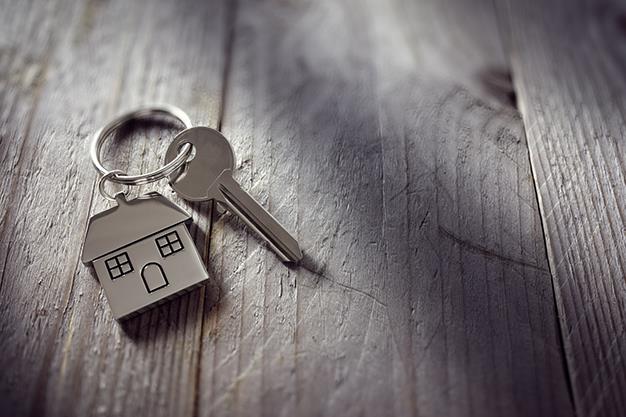Violent protests and looting, together with the Covid-19 health crisis spells tough times for South Africans and the economy - and it remains to be seen what the full impact will be on the property market.

READ: Unrest in SA | Advice for sellers and buyers due to move to affected hot spots
As food and fuel shortages loom due to supply-chain disruption, the Monetary Policy Committee (MPC) set to meet next week to decide on its interest rate stance and how it will manage the impact of the unrest on rising inflation.
Investec Economist Annabel Bishop believes it is too early to assess what the full damage is to the economy as a result of the destruction and loss of property over the last few days – as the situation is still not entirely under control.
“SARB’s economic growth forecast of 4.2% y/y for 2021, will now likely be revised down instead of up in light of the negative impact on the economy.
South Africa will likely see the negative effects drag on over Q3.21, with “significant risk of GDP contraction, and possibly a flat to slightly negative outcome for Q4.21 GDP activity, as both consumer and business confidence will drop”.
READ: Repo Rate Forecast | SA economy 'needs as much as SARB can give'
Bishops says she expects no change in the repo rate next week, and volatility in the short-term economic indicators.
The outlook for South Africa is uncertain overall, with foreign investor sentiment set back by the rampant rioting and destruction of property, says Bishop, with not all businesses severely damaged/destroyed wanting to restart.
And while it is still too early to assess the impact on the overall property market in South Africa, Property industry experts say they are bracing for a negative impact.
'Knock-on effect for property prices'
Marcél du Toit is CEO of Leadhome says he expects a knock-on effect for property prices in the most-affected areas, specifically KwaZulu-Natal and Gauteng.
Before the outbreak of unrest, KwaZulu-Natal’s property market was seeing a strong recovery, spearheaded by the coastal semigration trend and the desire for an improved lifestyle as more people are work from home.
“The reality is that potential buyers are going to think twice about buying in the affected areas in the short-term, although property prices will probably correct in the medium to long term as the situation stabilises,” says Du Toit.
Tony Clarke, Managing Director for Rawson Property Group says the impact is heavily dependent on how long the unrest continues.
“Property values do not drop overnight” and it will depend on supply and demand, following the aftermath of the violence, according Clarke.
“South Africans will now have to focus on rebuilding the economy.
READ: 'No quick recovery' for SA's commercial property sector
Yael Geffen, CEO of Lew Geffen Sotheby's International Realty, says businesses in many areas were already in serious crisis mode before this.
“If the government doesn’t get a handle on the situation and restore a semblance of peace and order very soon, South Africa may never fully recover from the impact.
Geffen criticised the “contentious laws like the pending Land Expropriation Act,” saying it was already “deterring many local and foreign property investors and bringing South Africa’s economy to its knees”.
Du Toit, however, remains optimistic, believing the current situation will be “a short-term scenario”.
“If you take a broader view of what’s happening in our country, there have been a lot of positives in recent months, and we’re heading in the right direction. We’ve got to see the bigger context of where South Africa needs to get to as a country in addressing poverty, homelessness and joblessness, and we all need to play our role in helping SA attain the ideal of the post-apartheid new democracy that includes everyone.”
Want all the latest property news and curated hot property listings sent directly to your inbox? Register for Property24’s Hot Properties, Lifestyle and Weekly Property Trends newsletters or follow us on Twitter, Instagram or Facebook.








